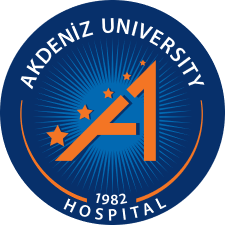In our department, we provide follow-up care for patients with acute and chronic viral hepatitis (hepatitis A, B, C, D) and HIV/AIDS. When necessary, we admit patients to the hospital for further treatment. In this group of patients, antiviral treatments are initiated in accordance with international and national guidelines and patients are closely monitored. The relatives and contacts of this group of patients are informed about the preventive measures that can be taken to prevent the transmission of the virus.
The diagnosis and treatment of infections developing in immunocompromised patients is the responsibility of our department. In this group of patients, agents that do not cause problems in healthy individuals may cause fatal infections and require close follow-up.
Furthermore, the Department of Infectious Diseases and Clinical Microbiology diagnoses and treats a range of diseases, including acute infectious diarrhea, urinary tract infections, viral hemorrhagic fevers, diabetic foot infections, bone and joint infections, skin and soft tissue infections, sexually transmitted diseases, malaria, tularemia, brucellosis, which is common in our region, extrapulmonary tuberculosis, which has increased in frequency in recent years, fever of unknown cause, and central nervous system infections.
The service offers counselling for vaccine-preventable diseases at both the pre- and post-event stages. Additionally, training and consultancy services are provided on nosocomial infections and their control. She is involved in the evaluation of solid organ transplant patients in terms of infectious diseases before transplantation and in the planning of prevention, follow-up and treatment after transplantation.
Our department diagnoses, monitors and treats healthcare-associated infections, particularly those that develop in patients in intensive care units. In the primary, lung and bloodstream infections, surgical site infections and urinary tract infections are common in patients hospitalized in intensive care units. These infections are caused by multi-resistant micro-organisms and are difficult to treat. These patients are treated according to international guidelines. Management of these infections is carried out through daily patient visits and evaluation of laboratory results.
Son güncelleme : 10.06.2024 16:04:17
